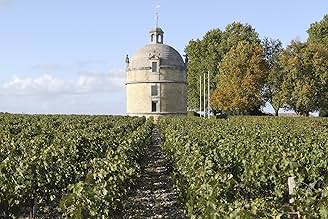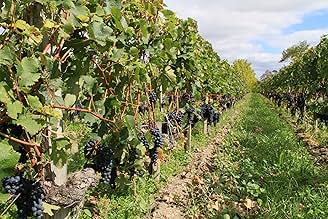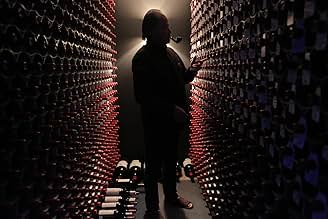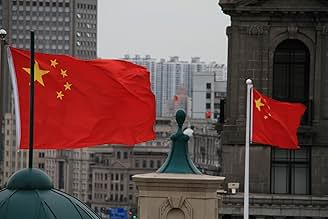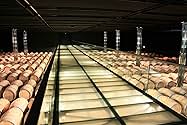"Red Obsession" makes the viewer appreciate the true artistry involved in wine making, and the asomatous beauty involved in wine tasting (ordering wine at the Olive Garden is not wine tasting.) Drinking a good wine can be an orgasmic physical experience, as well as a genuinely spiritual one. Some of the interviewed eloquently describe an exquisite wine as an enduring experience.
The scenic views of French countryside and century-old vineyards are astounding. "Red Obsession" has some of the most spectacular cinematography this reviewer has ever seen. This alone is a very good reason to watch.
The film eventually moves into the current politics of the luxury wine industry. The epicentre of this business is currently China, which is now the largest importer of Bordeaux wines in the world. The rest of the film can be summarized in a sentence spoken by one of the commentators: "When the Chinese buy the wine, they buy the wine as a symbol of their status." The film's content, which includes exploration of the shifting market, and the changing production and consumption of premier château wines, was very informative and interesting to this uncultivated viewer. But the film is as untroubled as the well-off Chinese in it, who think nothing of dropping tens of millions of dollars buying wines, creating connoisseur clubs, or purchasing antiquated French chateaus.
Overflowing with conceit and extravagance, "Red Obsession" turns out mostly shallow and pretentious. The film doesn't ask any questions, or challenge conventional thinking, or break any new ground. Yes it is a documentary, but it is not constructive filmmaking.
screenplayisles.blogspot




